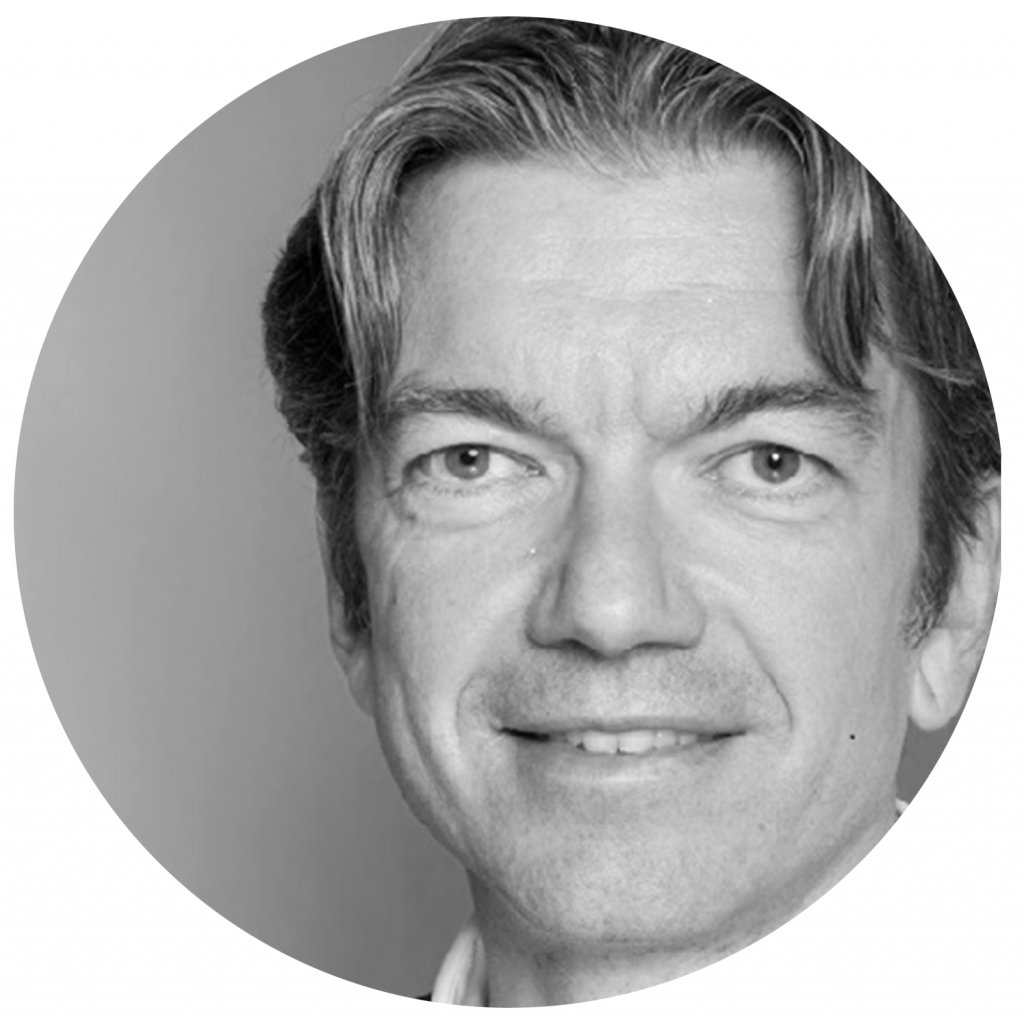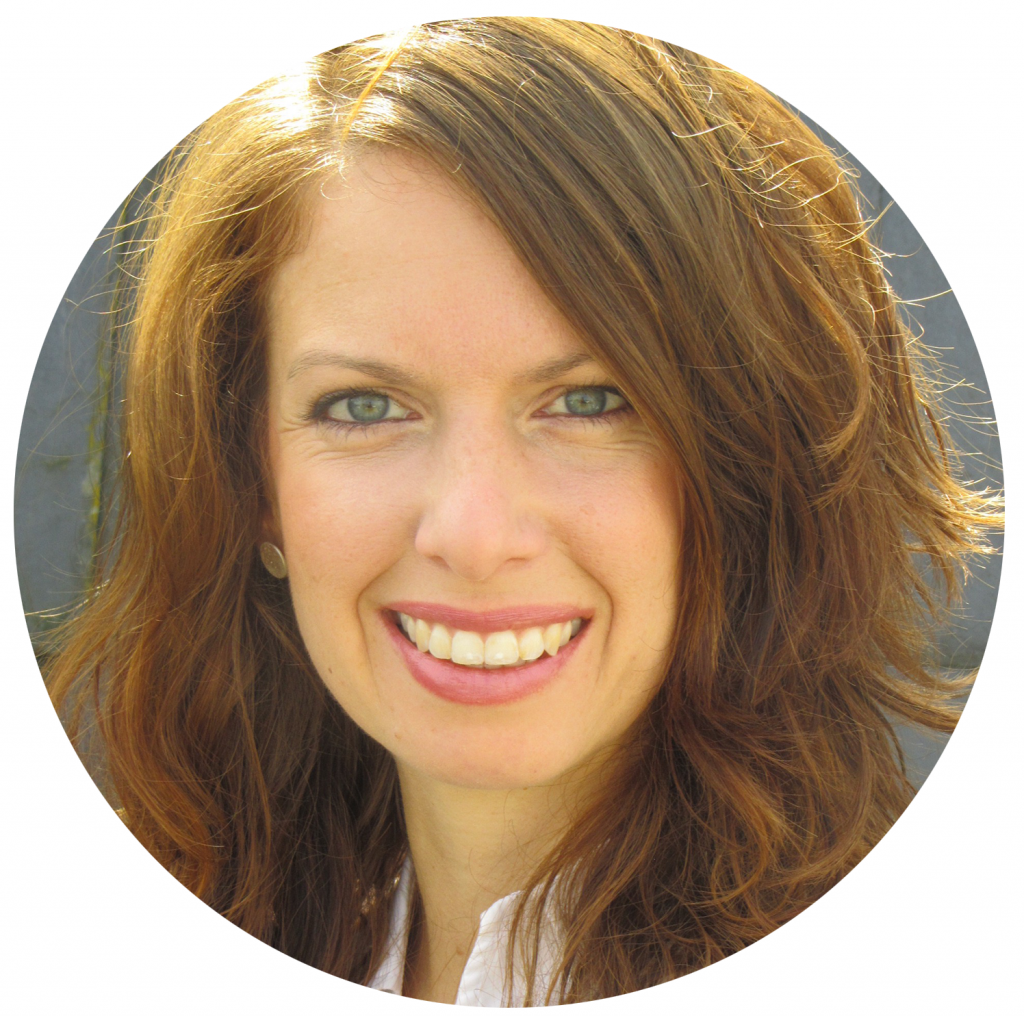Workshops 2019

Johanna Barnbeck is the founder of Spread the Nerd, a Berlin-based agency for science communication and format development. She studied Cultural Analysis and Artistic Research in Amsterdam and realized cultural research projects like “Augmenting Masterpieces” at the Rijksmuseum (App interfaces for museum visitors). As an artistic researcher and creative consultant Johanna develops strategies, concepts and creative formats for research projects, universities and scientific institutions and helps implementing them. She works at the intersection of art, design, science and technology and leads interdisciplinary teams with different backgrounds from in- and outside academia. As a lecturer at the NaWik, she teaches visualization courses.
About the workshop:
Visual science communication
is getting more and more important nowadays. But what is a good visual
format and how might visual material enhance the communication about
your research? How do art and design thinking fit in here with their
creative processes and methods? In order to answer those questions, we
will look at new visual formats and discuss the visibility of your
research. Further, we address advantages and difficulties that might
arise when incorporating communication strategies into funding proposals
(on national and international level). Hereby, this workshop gives you
a quick overview of current scicomm practices, provides inspiration
where to dive deeper into visual aspects of your research and encourages
to develop innovative scicomm formats.

Jens’ Expertise Domains as Trainer is behaviour training for
executives in large companies as well as small and medium-sized
enterprises (SME), the industrial economy, the service sector, the
social economy and the public sector. He also does individual coaching
for executives with focus on leadership behaviour and leadership
performance as well as the implementation and backing of projects for
companies in the field of leadership and management development and in
change management processes. Part of his work are seminars and workshops
on human resources development.
Sectors of his clients: Automobile
industry, chemicals industry, energy sector, social & health
economy, timber industry, iron and steel industry, governmental
departments, logistic sector, manufacturing systems engineering,
software & IT, tourism sector, domestic construction, universities
and scientific organizations.
About the workshop:
Leadership workshop, which
consists of interactive workshop elements in small groups as well as
reflection exchange and deepening in the whole group. On the basis of
real leadership situations, interactive approaches for goal-oriented
behaviors of the participants in their role as leaders are developed
and deepened. The workshop is designed as a dialogue-oriented exchange
process and aims at the self-reflection of the participants.
Main topics:
- Target-oriented discussion format: How do I as leader increase employee engagement and commitment?
- A constructive mindset to make change through personal initiative successful
- Every executive acts as role model: How do influencing processes work?

Kathrin Keune, consultant and performing artist, holds a Master’s degree in Expressive Arts Therapy, Coaching and Education with a B.A. in psychology. Her first B.A. was in the performing arts. She worked in a San Diego based medical research laboratory throughout her 6 year stay in Southern California, USA (2005 – 2011). Kathrin has been offering trainings on scientific presentations and communication at different American and German universities. Her background in theatre in combination with her psychology degree turn her trainings into an outstanding learning experience. She still performs as a classical singer at different venues in Germany.
About the workshop:
This short workshop will give
an impulse on effective professional communication with employees and
coworkers. Developing a solution-oriented approach, the workshop will
provide tools to bring conflictual conversations to a constructive
outcome, to manage expectations (one’s own expectation and the ones of
employees) and to use the body as its own language in support of
transmitting clear messages. To initiate a change in perspective and
convey a broader understanding of the topic, this training makes use of
active participation and individual reflection. This course strives to
empower the individual in finding constructive solutions to various
communication challenges.

Amir Madany Mamlouk studied mathematics and computer science at
Humboldt University Berlin and the University of Lübeck. He was Research
Fellow at the California Institute of Technology, Pasadena, CA, USA and
worked at the Fraunhofer Research Institute for Marine Biotechnology
(EMB) and at the Institute for Experimental Dermatology (LIED) at UKSH,
Campus Lübeck. In 2009, he accepted a Junior-Professorship for Machine
Learning in Medicine and Life Science at Lübeck University. Since 2015,
he is Privatdozent (lecturer) at the Institute for Neuro- and
Bioinformatics at Lübeck University.
In addition to scientific
lectures, he has been teaching students, graduate students, and
lecturers on science communication and presentation techniques at
various universities for more than 10 years now. He has received
several awards for excellent and innovative science and teaching
approaches
About the workshop:
The Postdoctoral
qualification phase to attain “eligibility for a professorship” in
Germany might differ considerably, depending on your research focus. But
in almost all cases, you have to go through a complex and
time-demanding appointment process (so-called „Berufungsverfahren“) to
achieve the career goal of any scientist: Becoming a professor and
leading your own lab. In order to be successful in this process,
scientific excellence paves the way, but there is way more to think
about: Your application documents must be excellent and, above all,
comprehensive. Furthermore, you have to convince the committee in a
public lecture on your science – and more often also demonstrate your
teaching skills in a second talk. Last but (surely) not least you have
to demonstrate a lot of negotiation skills, when it comes to salary and
equipment of your future lab.

Daniel Mertens heads two research groups at the German Cancer
Research Center (DKFZ) and at the University Hospital Ulm. His research
focuses on the molecular mechanisms that cause leukemias and lymphomas.
The scope ranges from the elucidation and diagnostic applications of
epigenetic oncomechanisms to the characterization of leukemia‐specific
signal transduction pathways in the malignant cells and the interaction
with the nonmalignant microenvironment. Daniel Mertens and his
colleagues have authored 75 publications that have been cited 3168
times. His team was granted more than € 5,5 Mio funding from third
parties.
Since 2011 he also trains scientists in transferable skills
together with Alexander Schiller (“Scientists Need More!”).
Participants feedback that they can directly apply course contents to
their real working life because of the concept of learning-by-doing and
the fact that both Daniel Mertens and Alexander Schiller themselves
have a background as natural scientists. Because Scientists Need
More!
About the workshop:
Work in a modern scientific environment requires advanced skills. Examples are project, time and conflict management, communication, creativity, group dynamics, intercultural competence and written and oral presentation techniques.
In this intense workshop, the following topics are covered:
- Clear and simple communication
- Phases of a project
- Setting goals
- Priorization
- Delegation
- Confirmation bias
- Sunk-cost fallacy
Because Scientists Need More!
